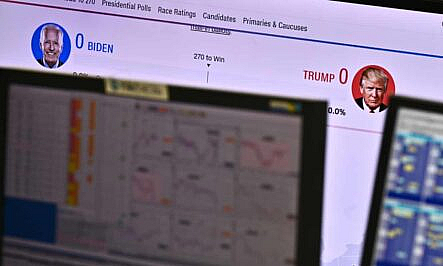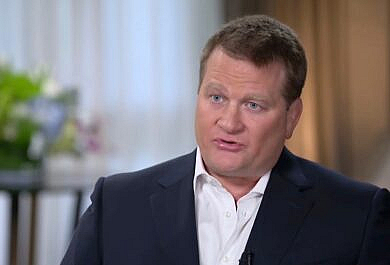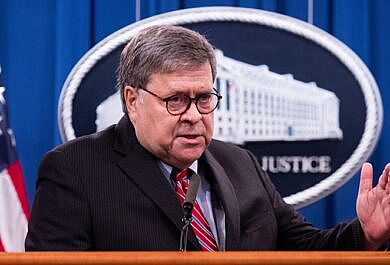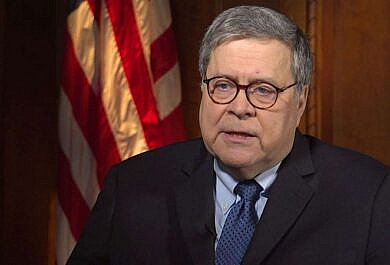In the wake of election results that defied conventional wisdom, the political polling industry has taken a reputational beating. How do pollsters move forward after their predictions were so off for the second election in a row?
Summary
Whether Donald Trump or Joe Biden wins the presidential election, analysts, commentators, and journalists of all political stripes are conceding one point: the polls were wrong.
- Republican pollster Frank Luntz said in late October if the polls were off again in 2020, the political polling “profession is done.” As the results came in, Luntz’s post-election prognosis is they are “devastating for my industry.”
- Luntz has been quoted in numerous outlets, and in an interview with Bloomberg, said “they [polling] have a preference” in the election, and they hear what they want to hear.
- In a report about how bad polls were in Ohio, WOSU interviewed Ohio State University political science professor Herb Asher, saying there are “underlying problems with how pollsters collect and weighted voters in rural areas.”
- NPR’s David Folkenflik said it is “hard not to conclude it’s another black eye for polling and for the news organizations that rely on them.”
- Nathan Gonzales of Inside Elections argues that Luntz is being hyperbolic and polling has still been accurate in recent history.
- Political analyst Jim Moore believes part of the problem lies with pollsters “using 20th century methods in a 21st century world.”
- CNN’s Chris Cillizza lists several possible reasons for how and why the polling was so wrong.
![]()
- The New York Times reports Monmouth University’s polling director suggesting “Republican efforts to prevent certain populations from voting easily” was a major factor in polling errors.
- The Atlantic calls the wide polling gap a “catastrophe for American democracy.”
- Slate’s Joshua Keating writes “data journalism is only as good as the data that goes into it, and it’s already clear that the polls had some big misses this year.”
- Mother Jones points to declining poll response rates and the weighting that results from it.
![]()
- Fox News reports the Trump campaign is calling the significant polling errors a “voter suppression tactic” in Wisconsin, and using it as justification for their request for a recount.
- The Wall Street Journal’s Editorial Board believes the strength of the American economy pre-pandemic is one cause for an unexpected surge in support for Trump among minority voters.
- National Review criticized CNN’s Chris Cillizza for being “one the loudest [Democrat] landslide predictors.”
- The Federalist’s Joy Pullmann listed the many down-ballot “blue wave” predictions and contrasted it with the results showing Republican Senate and House candidates successfully defending and flipping seats.
© Dallas Gerber, 2020






